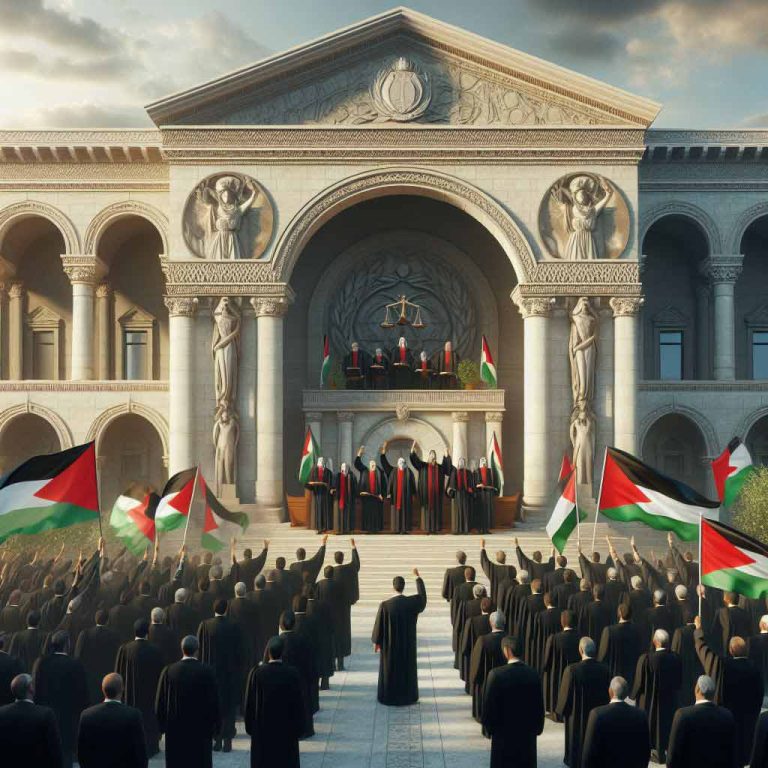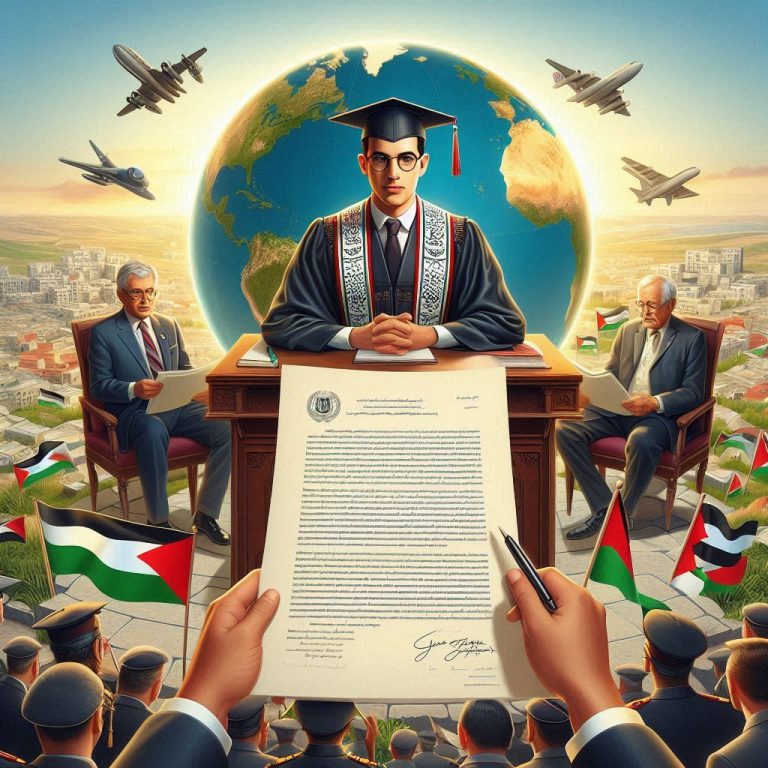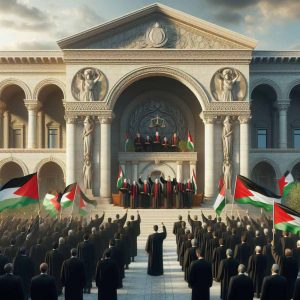Recommendations from the Institute of Social Sciences – Lebanese University – Beirut
Global Tribunal on Palestine,Geneva, Switzerland, 6-8 June 2024.
If the international community and the international organization aim to create a better peaceful future for all of humanity, there is a need to acknowledge, record and confess to atrocities which must be recorded. Ricoer states that any attempt to forget a violent past, if not accompanied by memory of this violent past, is nothing but a receipt that guarantees a recurrence of genocides. This, according to Nussbaum, requires a record of wrongs, where truth telling is a must and confession to crimes mandatory. Only then can people be asked to forgive. However, as Derida states, this forgiveness must be an act offered by the victim. “If anyone has the right to forgive, it is only the victim, not a tertiary institution”. A peaceful future is conditional upon recording wrongdoings, a preservation of the memory of the victims, and a willingness on part of the victims to forgive, accompanied by accountability and a return of rights violently confiscated. As such, to achieve this end, the following lines of actions are recommended:
- First, Focusing on socio-political studies that place the Arab-Israeli conflict within the framework of protecting national security of the region.
- Second, initiating interdisciplinary focused scholarly scientific research on memory preservation that targets all elements related to a) The experienced and lived realities of atrocities committed during the war – the genocides, massacres and mass killings; b) Cultural identity preservation that was and continues to be threatened with being cast into oblivion requiring a focus on cultural genocides – culture in both its material and the immaterial aspects.
- Third, Working on creating an archive of all atrocities committed against people (Men, women and children, with a focus on particular groups, including journalists and reporters, healthcare workers, academics and professionals, artists and intellectuals) and detailing the demographic impact of the numbers killed and of places obliterated intentionally targeted and destroyed (Including hospitals, schools, universities, public libraries, memorials, cultural elements related to historic heritage, mosques, churches etc).
- Fourth, A comprehensive archive of stories of the everyday experiences and lives of the people, allowing for an emergence of a narrative of and by the people, one that would become part of the discourse on Palestine in all legal, political, social etc areas, now and in the future.
- Fifth, Archival documentation with photos and narratives of all sorts of human rights abuses and violences committed, with a focus on the impact of that on the collective memory of future generations for Palestinians, people in surrounding countries and the whole world – such a discourse once produced stands affirm in the face of any attempt of forceful forgetfulness or erasure.
- Sixth, A focus on anthropological studies through engagement with communities. Such studies yield texture through thick descriptions and detailed experiences that are often disregarded by macro analysis of genocides, allowing for a humanization of events and the preservation of human dignity through memory.
- Seventh A critical study of the “social imaginary” that was produced and shaped the description of what has happened in Gaza by mass media at the global level and how that allowed for a ‘justification’ of atrocities committed highlighting the way events were interpreted through creating constellations of meanings that served the aggressor. This allows for the combat of the dominant discourse that silences experiences and memories of victims and the way they coped with and responded to genocide.









